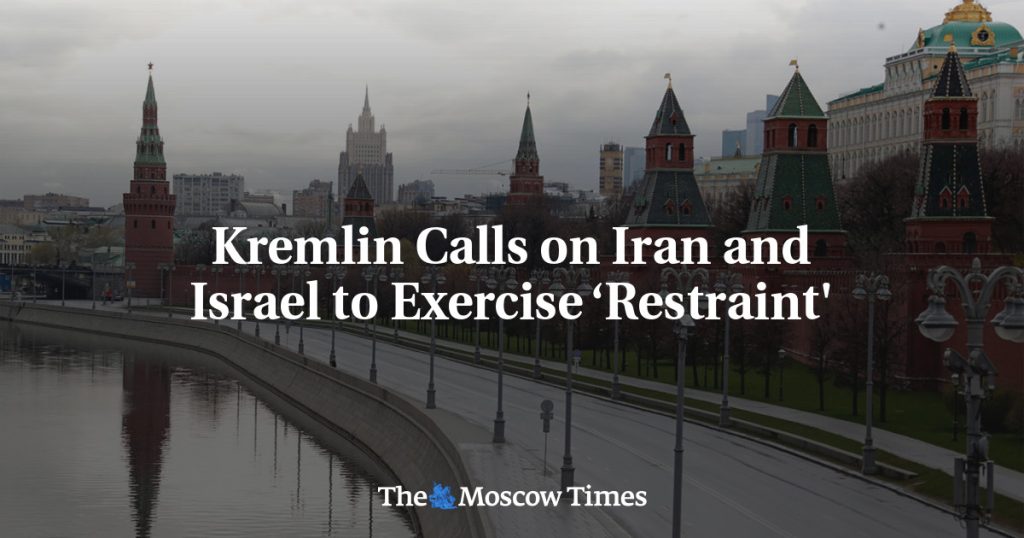Amid escalating tensions in the Middle East, Moscow has called for both Iran and Israel to exercise restraint in order to avoid further destabilizing the region. The recent threats issued by Tehran against Israel following a strike that killed two Iranian generals have raised concerns, prompting U.S. President Joe Biden to pledge unwavering support for Israel. Kremlin spokesman Dmitry Peskov emphasized the importance of maintaining stability in a region that is already plagued by unpredictability.
Russia has been critical of Israel’s actions during its six-month war in Gaza, further straining relations between the two countries. Despite traditionally trying to maintain relations with all major powers in the Middle East, Moscow has been strengthening its military and political ties with Iran. However, Peskov clarified that Russia has not been approached as a potential mediator between Iran and Israel, suggesting that the situation remains precarious.
The ongoing conflict between Iran and Israel has added another layer of complexity to the already volatile situation in the Middle East. With both countries engaging in hostile rhetoric, the risk of further escalation is high. The recent strike that killed two Iranian generals has only heightened tensions, prompting calls for restraint from international leaders. President Biden’s pledge of support for Israel underscores the seriousness of the situation.
Russia’s stance on the conflict between Iran and Israel reflects its broader approach to maintaining stability in the Middle East. By condemning Israel’s actions in Gaza and strengthening ties with Iran, Moscow is attempting to navigate a delicate balance between various regional powers. However, the deteriorating relations between Russia and Israel suggest that finding a resolution to the conflict may be increasingly challenging. Despite attempts to play a mediating role, Russia has not been directly involved in the ongoing tensions between Iran and Israel.
The lack of a formal mediator in the conflict between Iran and Israel raises concerns about the potential for further escalation. As both countries continue to trade threats and engage in military actions, the risk of a full-scale conflict looms large. With international leaders urging restraint and diplomatic solutions, the focus is on de-escalating tensions and preventing a wider conflict in the Middle East. Russia’s call for both Iran and Israel to exercise restraint is a crucial step towards averting a potential crisis in the region.
In conclusion, the escalating tensions between Iran and Israel have raised concerns about the stability of the Middle East. With Russia calling for both countries to exercise restraint and avoid further destabilization, the focus is on finding diplomatic solutions to prevent a wider conflict. The lack of a formal mediator in the dispute underscores the complexity of the situation and the challenges in finding a resolution. As international leaders work towards de-escalation, the need for dialogue and cooperation becomes increasingly urgent to prevent a further deterioration of the situation.















